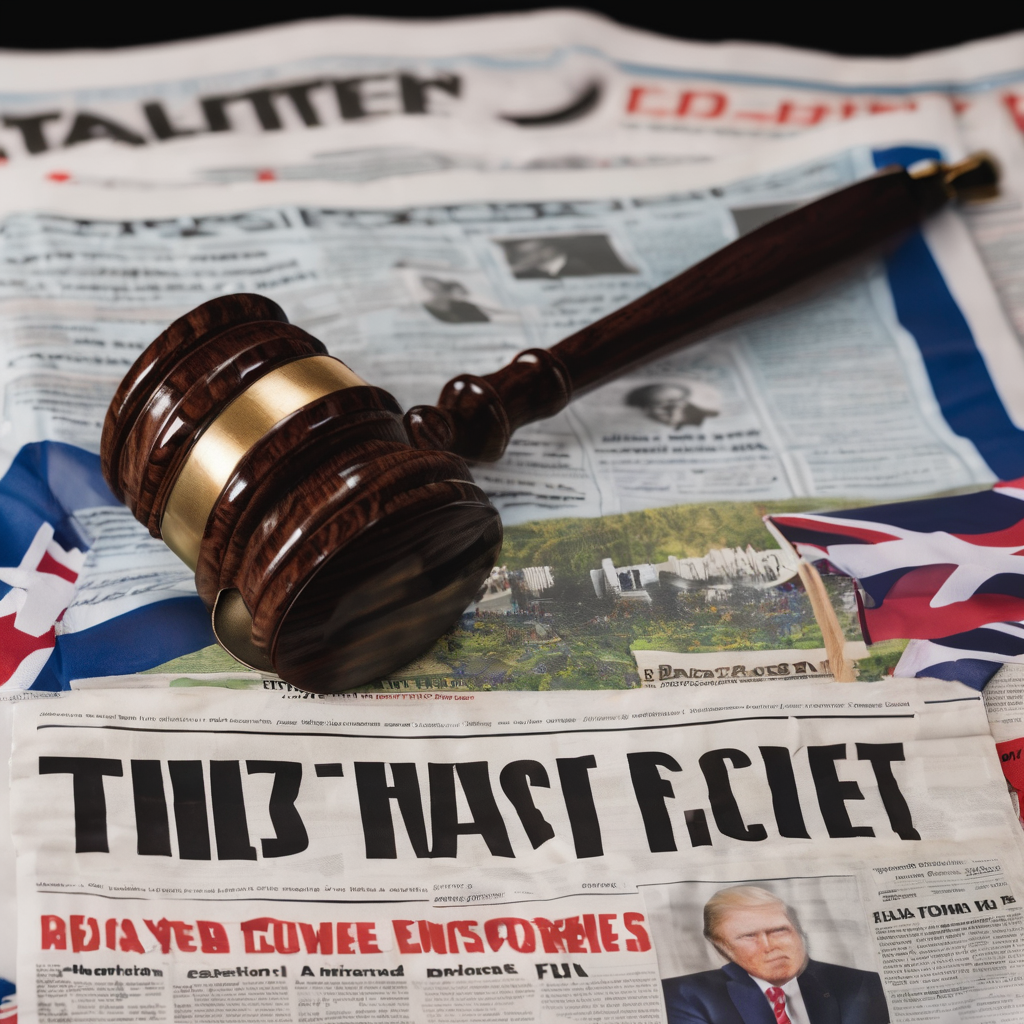The Trump administration has established a new multiagency initiative, the Interagency Weaponization Working Group, aimed at investigating individuals perceived as adversaries to former President Donald Trump. This move comes amid the backdrop of the 2024 presidential election cycle, where Trump has been vocal about seeking “retribution” against political opponents if he returns to office.
Recent weeks have seen criminal charges filed against notable figures such as former National Security Adviser John Bolton, former FBI Director James Comey, and New York Attorney General Letitia James, all of whom have been associated with investigations into Trump or have openly criticized him. Following this, large-scale protests under the banner “No Kings” emerged across the United States, further intensifying concerns that the administration might be leveraging state mechanisms to intimidate dissenters.
According to reports from Reuters, the newly formed working group has been operational since at least May and is composed of personnel from critical departments including the FBI, CIA, and the Departments of Justice, Defense, and Homeland Security. Fox News Digital confirmed the working group’s existence, with Director of National Intelligence Tulsi Gabbard noting that it was initiated to enhance interagency collaboration to ensure accountability under Trump’s guidance.
Sources indicate that the group’s focus includes individuals such as Comey, Trump’s former chief medical adviser Anthony Fauci, and President Biden’s son Hunter Biden. The initiative reportedly also targets those involved in the investigations concerning alleged Russian interference in the 2016 presidential election.
Despite the group’s controversial nature, an official from the Office of the Director of National Intelligence asserted that there would be “no targeting of any individual person for retribution.” Nevertheless, the formation of this group is likely to provoke mixed reactions; supporters may view it as a necessary step in response to what they perceive as an ongoing campaign against Trump, while opponents could interpret it as an authoritarian maneuver.
Key responses to this development reflect a division in perspectives. Attorney General Pam Bondi claimed that the Biden administration had previously weaponized the Department of Justice against Trump and his allies, further damaging public trust in law enforcement. Meanwhile, a spokesperson from the Department of Homeland Security emphasized that their focus is on rectifying harm inflicted by the previous administration and ensuring the proper functioning of government agencies.
As the Trump administration continues to navigate these complexities, the potential for further criminal prosecutions against perceived opponents remains a topic of speculation, possibly leading to renewed debates over the implications for democratic governance.
The establishment of the Interagency Weaponization Working Group highlights the ongoing tensions within U.S. politics and sets the stage for future confrontations between rival factions as the 2024 election cycle approaches.
